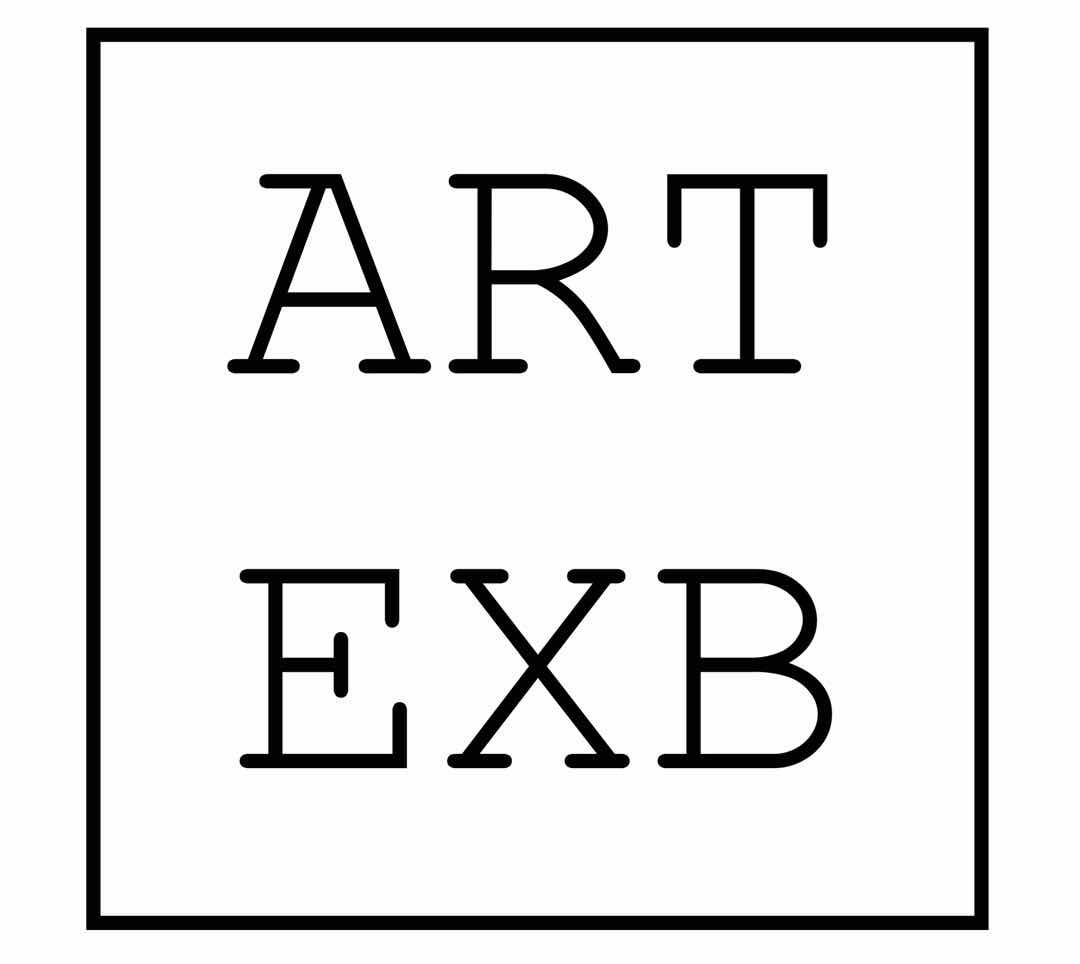“Acquiring Identity,” Zhao Gang’s first solo exhibition at Long March Space, presents a selection of new and old paintings by the artist through distinctive display methods taken at his own initiative. The works are divided between Long March Space’s gallery, and Timezone 8, a nearby café in Beijing’s 798 Art District. The paintings and their presentation tie together the idiosyncratic aspects of Zhao’s practice and identity, playing off of and further complicating the relationship between his role as an artist and his aura as a public figure in Beijing’s cultural community.
Shaped by his artistic beginnings as the youngest member of the avant-garde Stars Group in late 1970s China as much as the decades he spent in Europe and the United States, Zhao Gang’s paintings freely mix forms and imagery, juxtaposing perspectives redolent of Chinese court portraiture with the techniques of Impressionism, further destabilized by profane, even vulgar, subject matter. Along with new portraits of anonymous figures, “Acquiring Identity” is partially comprised of previously unseen works, featuring semi-abstracted nudes and Stalin’s disembodied head. Just as his previous paintings of failed Chinese revolutionaries dryly referenced his status as a émigré and returnee, here Zhao again deftly captures the condition of the individual captured within social and historical forces.
Inside Long March Space the 12-square-meter dormitory space Zhao Gang lived and worked in during the 1970s has been recreated to house rarely-seen paintings, recalling the phenomenon of so-called “apartment art” from 80s and 90s Beijing, when artists lacking formal venues surreptitiously organized exhibitions at home. In evoking this form now Zhao Gang calls draws parallels between eras, searching for moral bravery and autonomy in art. The placement of works in Timezone 8, speaks to Zhao Gang’s appreciation of the café as an echo of his old haunts in New York and his reputation as a bon vivant. Founded by American Robert Bernell as an art book publishing house in 2001, the venue takes on additional significance from the owner’s position as the potential inverse of Zhao’s personal journey. “Acquiring Identity” brings together Zhao’s life and practice, continuing his explorations into identity, history, and hybridity.
